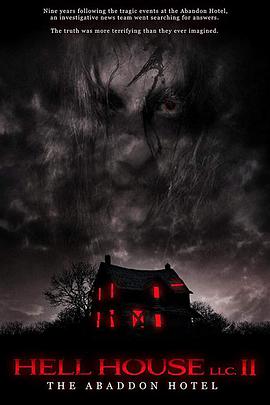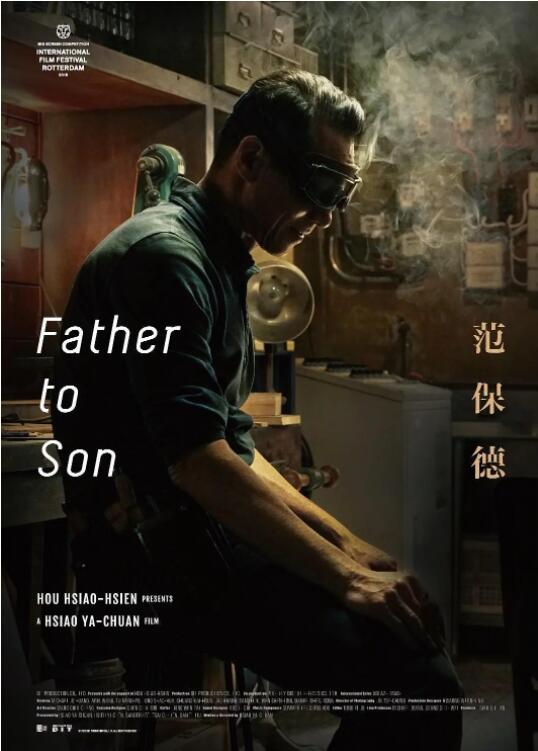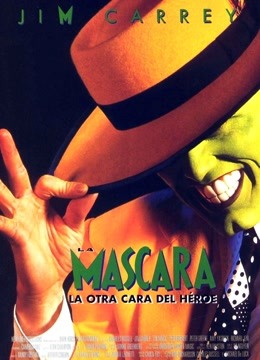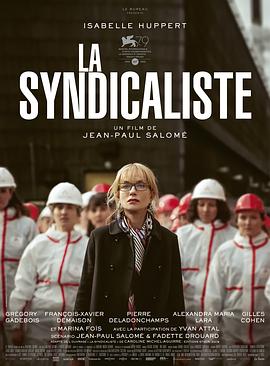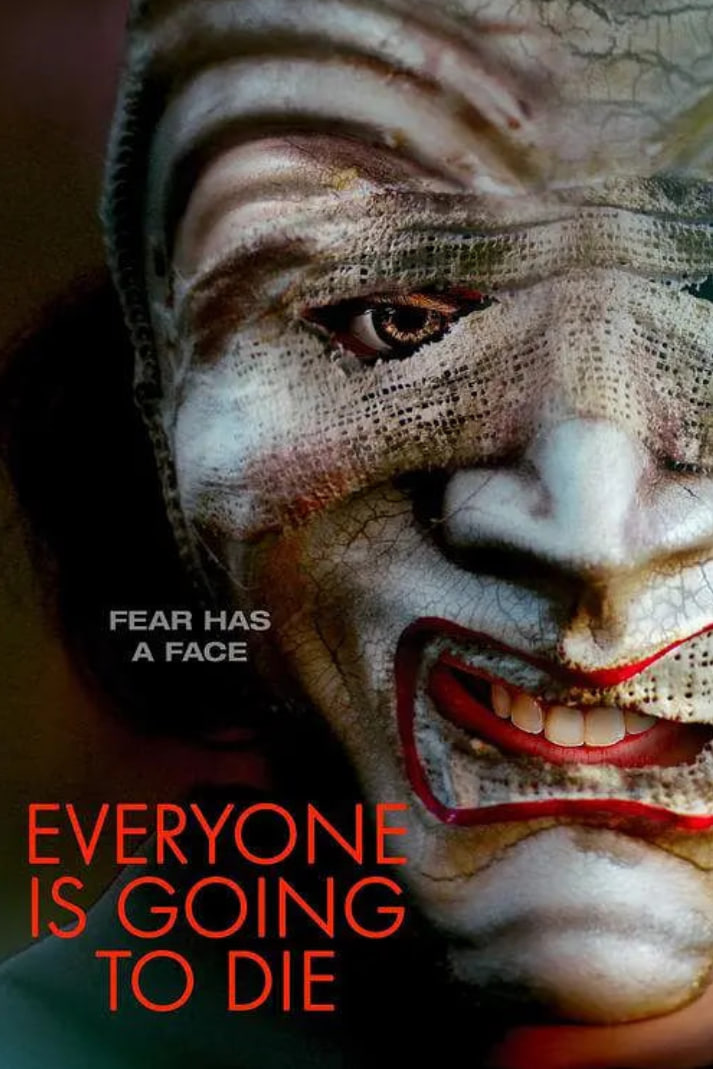- 正在播放《欧洲的某个地方》 - 量子资源1
- 提醒不要轻易相信视频中的任何广告,谨防上当受骗
- 技巧如遇视频无法播放或加载速度慢,可尝试切换播放节点或者切换解析
- 收藏爱播-致力于为全球影迷谋福利!网址:v.162182.com / v.162182.com ,记得收藏哟~
剧情:
Somewhere in the remote region, the war ends. In the midst of ruined cities and houses in the streets, in rural hamlets, everywhere where people still live, are children who have lost their homes and parents. Abandoned, hungry, and in rags, defenseless and humiliated, they wander through the world. Hunger drives them. Little streams of orphans merge into a river which rushes forward and submerges everything in its path. The children do not know any feeling; they know only the world of their enemies. They fight, steal, struggle for a mouthful of food, and violence is merely a means to get it. A gang led by Cahoun finds a refuge in an abandoned castle and encounters an old composer who has voluntarily retired into solitude from a world of hatred, treason, and crime. How can they find a common ground, how can they become mutual friends? The castle becomes their hiding place but possibly it will also be their first home which they may organize and must defend. But even for this, the price will be very high. To this simple story, the journalist, writer, poet, scriptwriter, movie director, and film theoretician Béla Balázs applied many years of experience. He and the director Géza Radványi created a work which opened a new postwar chapter in Hungarian film. Surprisingly, this film has not lost any of its impact over the years, especially on a profound philosophical level. That is to say, it is not merely a movie about war; it is not important in what location and in what period of time it takes place. It is a story outside of time about the joyless fate of children who pay dearly for the cruel war games of adults. At the time it was premiered, the movie was enthusiastically received by the critics. The main roles were taken by streetwise boys of a children's group who created their roles improvisationally in close contact with a few professional actors, and in the children's acting their own fresh experience of war's turmoil appears to be reflected. At the same time, their performance fits admirably into the mosaic of a very complex movie language. Balázs's influence revealed itself, above all, in the introductory sequences: an air raid on an amusement park, seen in a montage of dramatic situations evoking the last spasms of war, where, undoubtedly, we discern the influence of classical Soviet cinematography. Shooting, the boy's escape, the locomotive's wheels, the shadows of soldiers with submachine guns, the sound of a whistle—the images are linked together in abrupt sequences in which varying shots and expressive sharp sounds are emphasized. A perfectly planned screenplay avoided all elements of sentimentality, time-worn stereotypes of wronged children, romanticism and cheap simplification. The authors succeeded in bridging the perilous dramatic abyss of the metamorphosis of a children's community. Their telling of the story (the scene of pillaging, the assault on the castle, etc) independently introduced some neorealist elements which, at that time, were being propagated in Italy by De Sica, Rossellini, and other film artists. The rebukes of contemporary critics, who called attention to "formalism for its own sake" have been forgotten. The masterly art of cameraman Barnabás Hegyi gives vitality to the poetic images. His angle shots of the children, his composition of scenes in the castle interior, are a living document of the times, and underline the atmosphere and the characters of the protagonists. The success of the picture was also enhanced by the musical art of composer Dénes Buday who, in tense situations, inserted the theme of the Marseilaise into the movie's structure, as a motive of community unification, as an expression of friendship and the possibility of understanding. Valahol Europaban is the first significant postwar Hungarian film. It originated in a relaxed atmosphere, replete with joy and euphoria, and it includes these elements in order to demonstrate the strength of humanism, tolerance, and friendship. It represents a general condemnation of war anywhere in the world, in any form.收起
相关影片
2023电影法国
正片
2009电影日本
正片
2014电影日本
第23集
2020电影德国
正片
2020电影西班牙
正片
2021电影俄罗斯
莉莉 列昂尼德·巴索夫 维克多·多勃朗拉沃夫 弗拉基米尔·伊林 瓦列里娅·费奥多罗维奇 叶夫根尼娅·德米特里耶娃 伊戈尔·赫里普诺夫 帕维尔·迈科夫 弗拉基米尔·西蒙诺夫 扬·察普尼克 菲利普·萨维科夫 达里亚·卢津娜 巴扬·博瓦尔迪诺夫 Elena Anisimova 米凯尔·德扎尼比肯 Ilya Lutsak
这部电影的灵感来自一个令人难以置信的故事,该故事讲述的是一只名叫Palm的牧羊犬,主人无意中把它留在机场。 她与九岁的尼古拉斯(Nicholas)成为朋友,尼古拉斯(Nicholas)的母亲去世,
正片
2018电影美国
It's been eight years since the opening night tragedy of Hell House, LLC and still many unanswer
正片
2018电影中国台湾
正片
1994电影美国
正片
2020电影不详
正片
2022电影法国 / 德国
正片
2022电影法国 / 比利时
伊万·阿达勒 皮埃尔·阿迪提 缪缪 卡罗琳·安格鲁德 帕斯卡·艾比约 尼尔斯·奥瑟宁·吉拉德 安德烈·马尔孔 卡特琳娜·莫里诺 Benoît Moret Valentina Vandelli Stéphanie Bore Emilie Pierson Clément Giren Philippe Morel Sébastien Surel
杜马父子是获奖无数的管弦乐指挥大师,作为竞争者的两人小心维护着彼此的亲情纽带,直到一次难得的选拔机会让他们险些反目成仇。影片改编自曾提名戛纳金棕榈奖与奥斯卡最佳外语片奖的以色列影片《脚注》,将故事背景
正片
2021电影内地
正片







